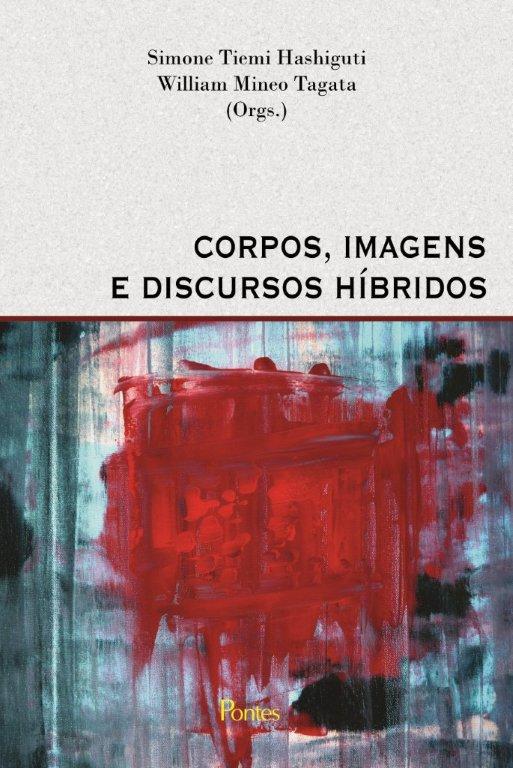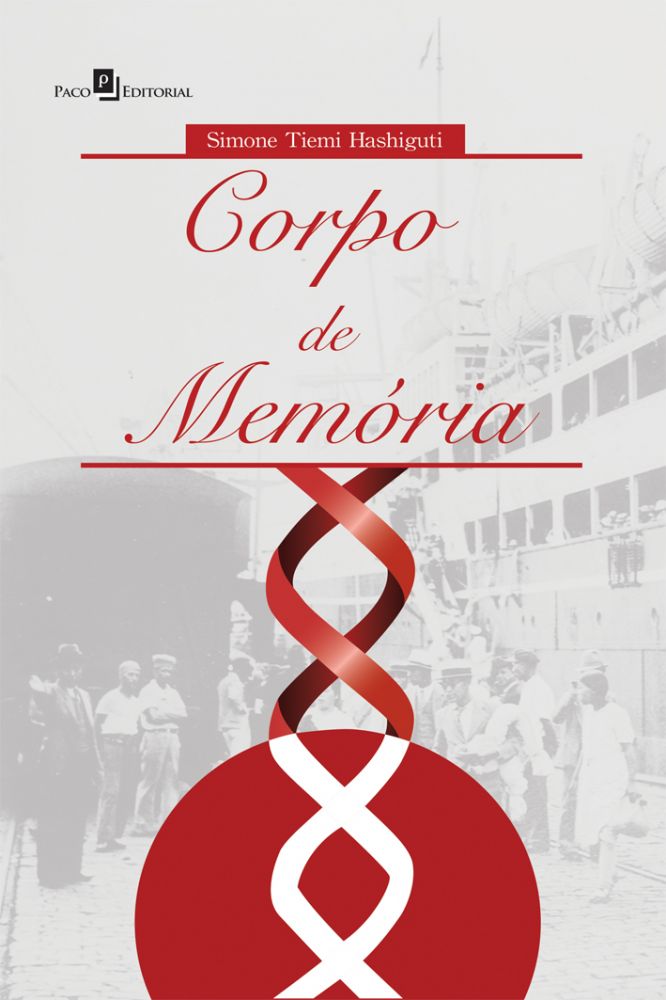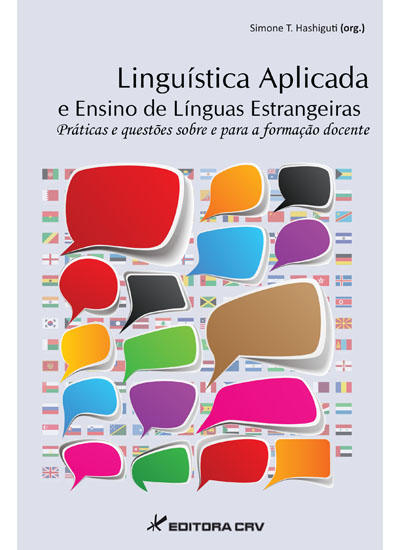Find bellow information and links about our publications:

“This collection brings articles from researchers who participated in the Colloquiums of the Research Group Body and Image in the Discourse, discussing body, art, cinema, and other media and hybrid genres. Our intention, with each new version of the event, which extends to this collection, is to constitute a space of multiple and mobile theorizations, which allows the vitality of our reflections. This junction is translated as our conditions of intellectual production possibility: the dialogue always open to the most varied epistemologies and the conduction of faithful discussions purely to our desire to understand the processes of production of sense in the contemporaneousness.”
Simone Hashiguti
William Tagata

“The body of memory deals with a question at once delicate and serious, which is the heterogeneous composition of the body(s) of the Brazilian subject, crossed by discursive memories that materialize in gestures, movements, cadences, ways of looking, walking and greeting – and maybe, loving – who by inheritance constitute it and thus will signify in the contemporary conditions, in their coexistence and in its disagreement. Simone Hashiguti happily chooses in this study about the relationship between body and discursive memory, the body of the Japanese immigrant in Brazil that, today, traveling among the United States, Brazil, and Japan, is called gestures of interpretation that make the subject supposedly discernible by the unique aspect of his body. If in Brazilians Italian immigrant, the most poignant memory of immigration is socially marked in/by the language, in the Japanese it is marked mainly in/by the body, as a significant material thickness whose representation can construct imaginarily a place of speech (discursive position) for the subject awaited, since, as the author observes, gestures are formulations of the body. On the other hand, this imaginary representation, when univocal, summons the constitutive strangeness of every subject (Freudian umheimlich), which in the immigrant is also touched by the fact that something of the multiple that is unequally familiar departs from him. Hashiguti’s studies focus on the subject of Linguistics and Discourse Analysis, and transits and dialogues with disciplinary knowledge of Psychoanalysis, History, Psychology, Medicine, Physiotherapy, Dance, Physical Education, Sociology and Anthropology and thus, the study also might interest this audience.
M. Onice Payer

In this book are collected articles of teachers and researchers that discuss various aspects of the processes of teaching and learning foreign languages in Brazil today. In a wide take-up of different theoretical-methodological perspectives, the texts deal with themes related to classroom practices, the conceptualization and use of technologies in/for this context and by being a teacher. This variety of theoretical view and themes materializes some of the transdisciplinary and diverse nature of the research and epistemological dialogues that have enriched the studies in Applied Linguistics in the country and the research, teaching and extension projects that go together with them, such as those occurred before and during the preparation of this collection texts and that reverberate in its lines. Many of the considerations presented by the authors allow us to make an invitation to unveil non-obvious aspects of the processes of teaching foreign languages, aspects related to the themes of our discussions, such as the English semantic functioning, the conditions, and determinations of the use of technology in the construction and circulation of knowledge, the use of textbooks. Through the eyes of the authors, launched from within the classroom of training for teaching and from practice, such themes have illuminated fissures that are constituted as particularities that, made more visible and understood, can make all the difference in the processes of teaching and in the significance of learning by foreign language learners. The works gathered here aim, therefore, to contribute to reflections as in the researches in Applied Linguistics as those that occur as an effect of the current and future language teachers concerns.”
Simone T. Hashiguti
